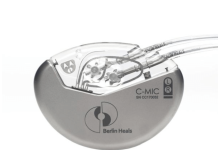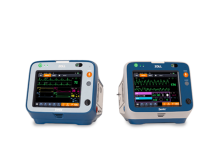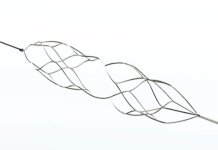Xeltis announced it received FDA investigational device exemption (IDE) to begin a pivotal study of its restorative vascular access conduit. aXess enables the creation of a new, permanent, living vessel for hemodialysis vascular access. It combines the safety and patency of arteriovenous fistula (AVF) with the speed to treatment of arteriovenous grafts (AVG). The conduit aims to deliver an improved dialysis patient experience while avoiding reinterventions and complications like infections.
Related: Evolution Optiks secures 510(k) clearance for new eye examination device
Eindhoven, The Netherlands-based Xeltis designed its implant platform for gradual replacement by the patient’s own living, healthy tissue. The company already used its technology to treat more than 100 patients across different clinical trials.
The IDE now means Xeltis can begin enrolling patients into the pivotal study. Chief Medical Officer Paulo Neves said in a news release that aim is improving outcomes for patients on dialysis. Neves says the pivotal study marks an important step in assessing and demonstrating the avoidance of reinterventions and complications.
Xeltis already reported strong 12-month data from its first-in-human trial in Europe, which compared aXess to hemodialysis vascular access solutions. The company has an ongoing EU pivotal trial, recruiting up to 110 patients in nine European countries.
“We have already shown outstanding 12-month data from our first-in-human study in Europe and are looking forward to starting this pivotal trial in the U.S. We are very proud of the potential for aXess to transform the field of vascular access by stopping the cycle of interventions and infections and bringing our unique restorative solution to hemodialysis patients worldwide,” said Eliane Schutte, Xeltis CEO.




